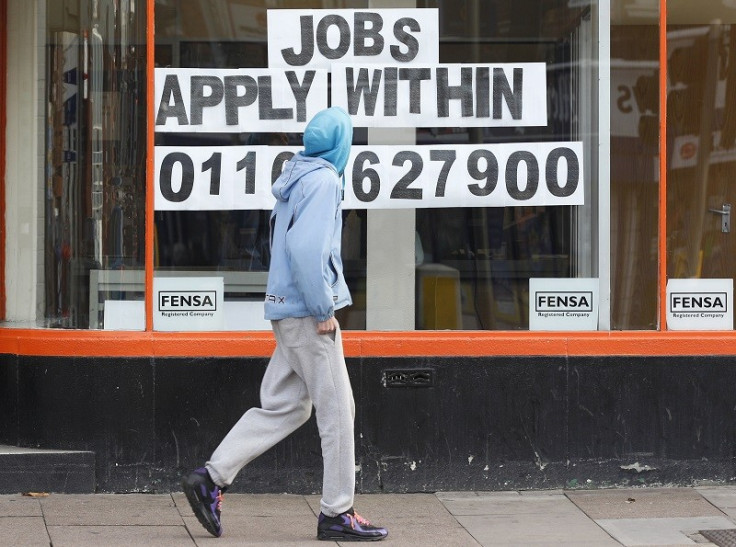CBI: Careers Advice in England is in Severe Crisis

The quality of careers advice in England's schools "remains in severe crisis", according to one of the UK's leading business organisations.
The Confederation of British Industry revealed there is a "yawning gap" between the career guidance of the country's young people and what they are actually receiving.
The group's survey, which questioned 2,000 14 to 25 year olds, found 93% of young people felt they were not provided with all the information they needed to make informed choices on their future career.
In addition, around two-thirds of those surveyed received guidance on more traditional routes, A Level choices (62%) and university (65%), but only a quarter (26%) had information on starting an apprenticeship and even fewer (17%) on what vocational qualifications might be available.
"The quality of careers advice in England's schools remains in severe crisis," said Katja Hall, CBI chief policy director.
She added: "For 93 out of 100 young people to not feel in possession of the facts they need to make informed choices about their future is a damning indictment.
"These are some of the biggest decisions young people will ever have to take and they deserve reliable, relevant, inspirational and high-quality careers advice"
The research also revealed a split along gender lines with differences in the careers advice young men and women receive.
For example, 30% of young men receive advice on starting an apprenticeship, but only 23% of young women get the same information.
In contrast, 65% of women receive guidance on A-Level choices and 69% on going to university, compared with 58% and 60% of men respectively.
"The tendency to pigeon-hole girls into academic routes and boys into more vocational routes is unacceptable," argued Hall.
She stressed: "The survey results clearly show that young people want information about the full range of options open to them - both academic and vocational."
The research follows figures which found more than a million young people in the UK were not in education, employment or training (Neets) in the three months to September.
The Office for National Statistics revealed for July to September 2013 there were 1.07 million young people (16 to 24 year olds) in Britain who were Neets, down 19,000 from April to June 2013.
The data also found for the same period the percentage of all young people in the UK who were Neets was 14.9%, down 0.2% from April to June 2013.
© Copyright IBTimes 2024. All rights reserved.






